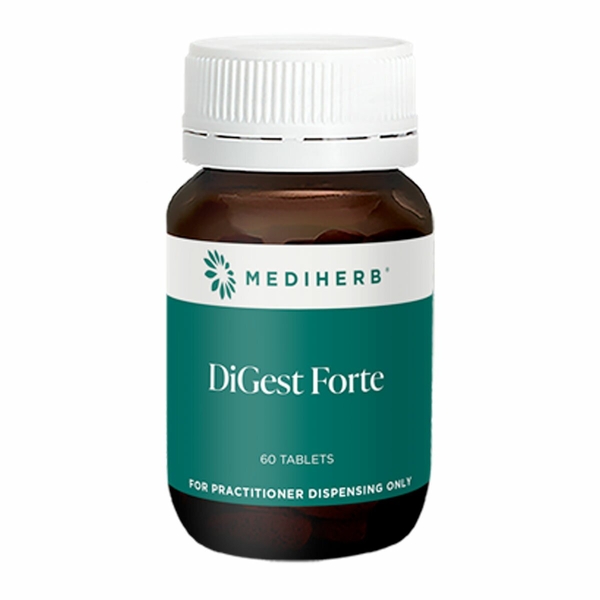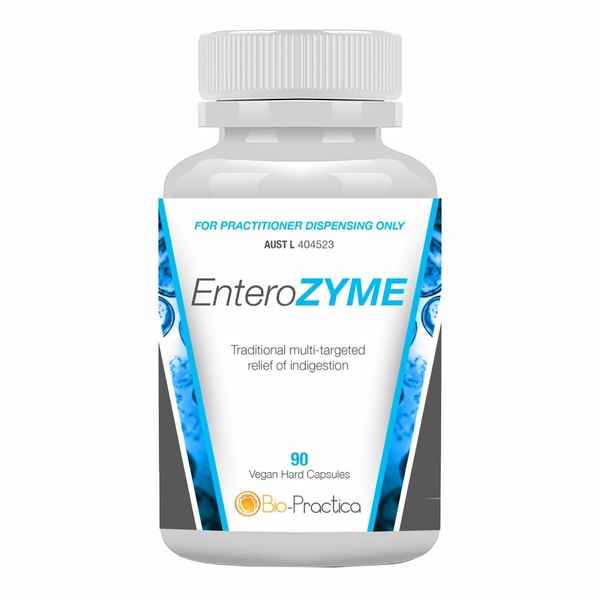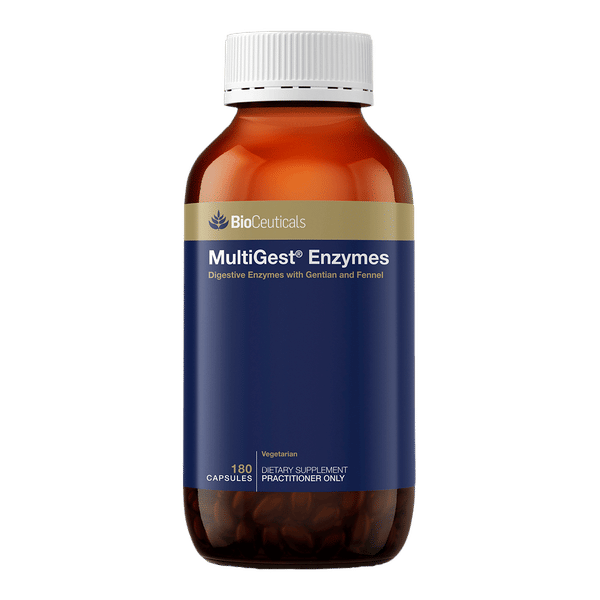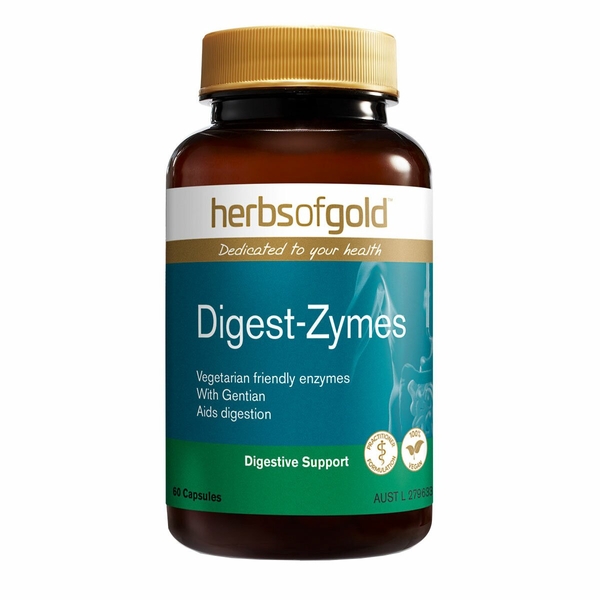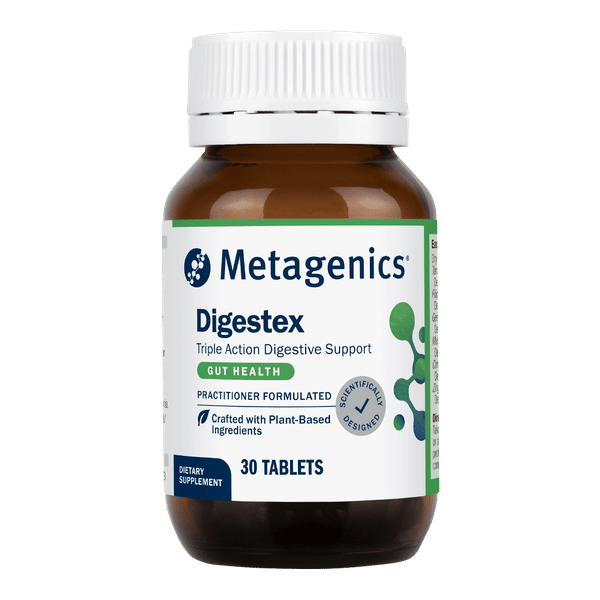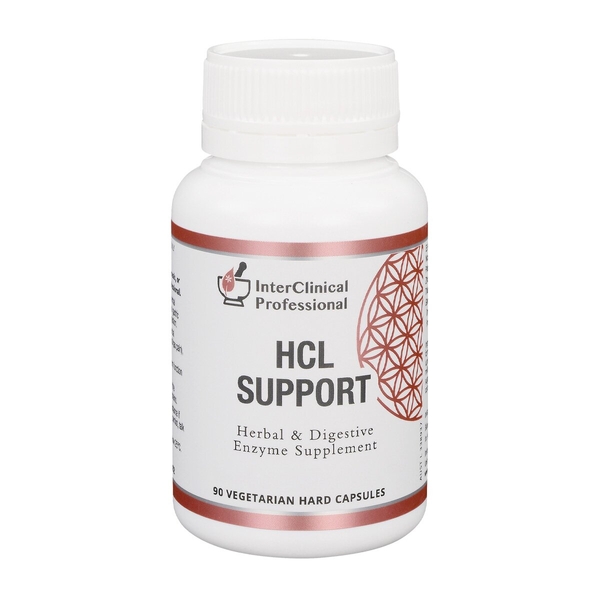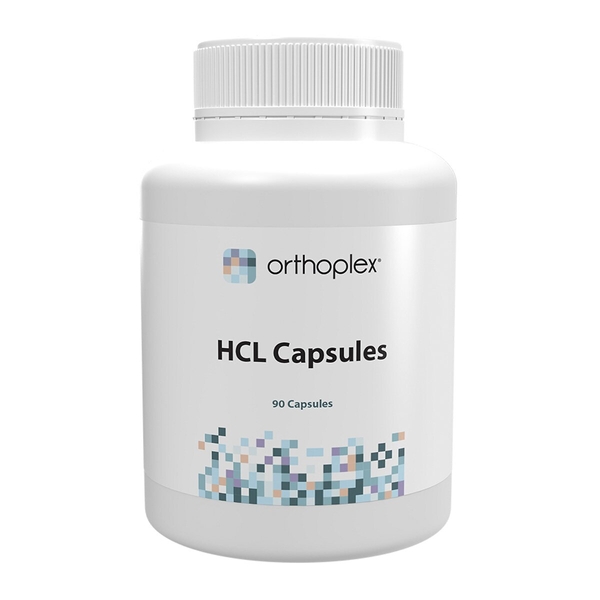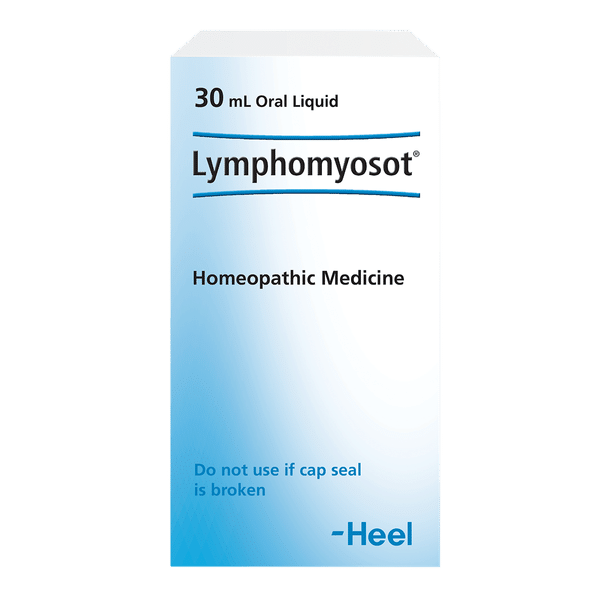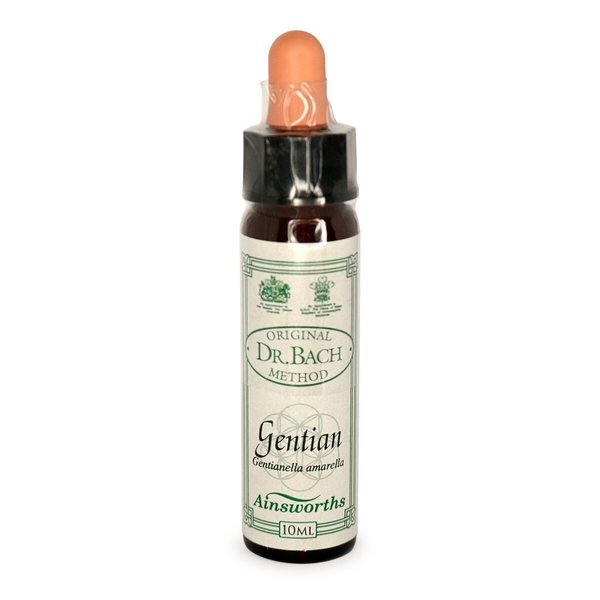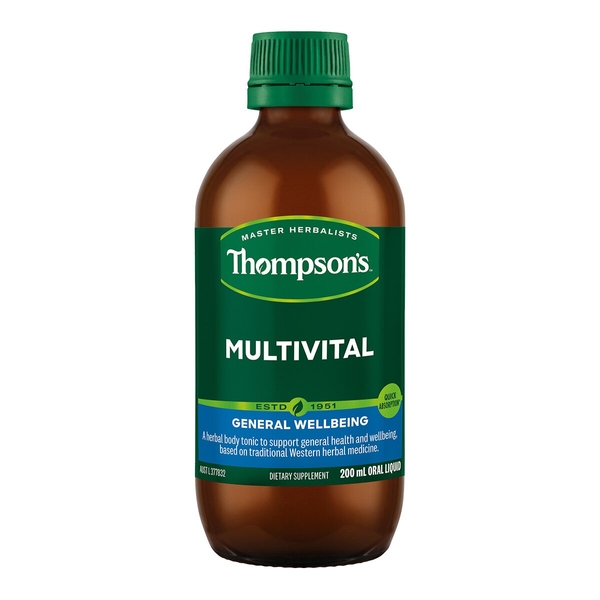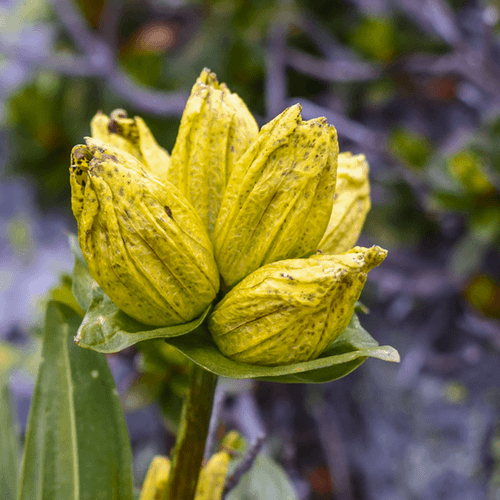
Gentian
Scientific names: Gentiana lutea, Gentiana acaulis, Gentiana kochiana
Family: Gentianaceae
Alternate names: Bitter Root, Bitterwort, Gall Weed, Gelber Enzian, Genciana, Geneciana, Gentianae Radix, Gentiane, Gentiane Acaule, Gentiane Jaune, Gentiane Pâle, Gentiane Sans Tige, Gentiane Sauvage, Grande Gentiane, Great Yellow Gentian, Gullgentiana, Pale Gentian, Qinjiao, Racine Amère, Stemless Gentian, Yellow Centiyane, Yellow Gentian, Wild Gentian
Actions: Analgesic, Anti-inflammatory, Cardiovascular, Sedative
Background
Gentian (Gentiana lutea) is a plant that grows in the mountains in Europe. It's often known as bitter wort or bitter root. Its roots are used as medicine.
Gentian contains chemicals that might reduce blood pressure by widening blood vessels. It might also have effects that reduce appetite.
People use gentian for diabetes, high blood pressure, obesity, and many other conditions, but there is no good scientific evidence to support these uses.
Don't confuse gentian with Canadian hemp, which is also called bitter root. These are not the same. Also note that the highly toxic white hellebore (Veratrum album) can be misidentified as gentian. It has caused accidental poisoning when used in homemade preparations.
Gentian contains chemicals that might reduce blood pressure by widening blood vessels. It might also have effects that reduce appetite.
People use gentian for diabetes, high blood pressure, obesity, and many other conditions, but there is no good scientific evidence to support these uses.
Don't confuse gentian with Canadian hemp, which is also called bitter root. These are not the same. Also note that the highly toxic white hellebore (Veratrum album) can be misidentified as gentian. It has caused accidental poisoning when used in homemade preparations.
Safety Safety definitions
When taken by mouth: Gentian root preparations are commonly consumed in foods. Gentian root is possibly safe when used in a specific combination product containing gentian root, elderflower, verbana, cowslip flower, and sorrel (SinuComp, Sinupret). It seems to be well-tolerated. Side effects might include skin reactions and stomach upset. But there isn't enough reliable information to know if gentian is safe or what the side effects might be when taken as medicine alone.
When applied to the skin: There isn't enough information to know if gentian is safe or what the side effects might be.
Surgery: Gentian might affect blood pressure, which might interfere with blood pressure control during and after surgery. Stop using gentian at least 2 weeks before a scheduled surgery.
When applied to the skin: There isn't enough information to know if gentian is safe or what the side effects might be.
Special Precautions & Warnings:
Pregnancy and breast-feeding: There isn't enough reliable information to know if gentian is safe to use when pregnant or breast-feeding. Stay on the safe side and avoid use.Surgery: Gentian might affect blood pressure, which might interfere with blood pressure control during and after surgery. Stop using gentian at least 2 weeks before a scheduled surgery.
Effectiveness
Effective Effectiveness definitions
There is interest in using gentian for a number of purposes, but there isn't enough reliable information to say whether it might be helpful.
Dosing & administration
There isn't enough reliable information to know what an appropriate dose of gentian might be. Keep in mind that natural products are not always necessarily safe and dosages can be important. Be sure to follow relevant directions on product labels and consult a healthcare professional before using.
Interactions with pharmaceuticals
Medications for high blood pressure (Antihypertensive drugs)
Interaction Rating=Moderate Be cautious with this combination.
Gentian might lower blood pressure. Taking gentian along with medications that lower blood pressure might cause blood pressure to go too low. Monitor your blood pressure closely.
Interactions with herbs & supplements
Herbs and supplements that might lower blood pressure: Gentian might lower blood pressure. Taking it with other supplements that have the same effect might cause blood pressure to drop too much. Examples of supplements with this effect include andrographis, casein peptides, L-arginine, niacin, and stinging nettle.
Interactions with foods
There are no known interactions with foods.
Products
View all productsPractitioner product
Practitioner product
Per capsule:
Practitioner product
Per capsule:
- Gentiana lutea (Gentian) ext. 120 mg
- Amylase enzyme 10000 DUAA
- Protease 60000 HUT
- Lipase 400 LipU
- Tilactase 1500 ALU
- Cellulase 125 CU
- Ananas comosus (Bromelain) 1500000 PU
RRP: $51.50$36.05Save: 30%
Create account
Practitioner product
Per capsule:
Practitioner product
Practitioner product
Per serve:
- Gentiana lutea
- Equisetum hyemale
- Levothyroxine sodium
- Myosotis arvensis
- Pinus sylvestris (Pine)
- Sarsaparilla
- Scrophularia nodosa
- Nasturtium aquaticum
- Aranea diadema
- Calcium phosphate (Calc phos)
- Ferrum iodatum
- Fumaria officinalis
- Geranium robertianum
- Teucrium scorodonia
- Veronica officinalis
- Sodium sulphate anhydrous
- Juglans regia (Walnut)
Practitioner product
Per 15 mL:
- Gentiana lutea (Gentian) ext. 66.7 µL
- Centella asiatica ext. 16.7 mg
- Echinacea purpurea ext. 21 mg
- Eleutherococcus senticosus ext. 20 mg
- Ilex paraguariensis ext. 66.7 mg
- Astragalus membranaceus ext. 100 mg
- Cynara scolymus ext. 41.7 mg
- Echinacea purpurea ext. 23.4 µL
- Ginkgo biloba ext. 6.7 mg
- Glycyrrhiza glabra ext. 62.5 mg
- Smilax ornata ext. 83.3 mg
- Urtica dioica ext. 1 mL
- Zingiber officinale ext. 66.7 µL
RRP: $29.99$22.19Save: 26%
OOS at supplier
Create account
return unknown
vital.ly has licensed monographs from TRC Healthcare.
This monograph was last reviewed on 18/11/2024 11:00:00 and last updated on 22/03/2018 19:52:32. Monographs are reviewed and/or updated multiple times per month and at least once per year.
Natural Medicines disclaims any responsibility related to medical consequences of using any medical product. Effort is made to ensure that the information contained in this monograph is accurate at the time it was published. Consumers and medical professionals who consult this monograph are cautioned that any medical or product related decision is the sole responsibility of the consumer and/or the health care professional. A legal License Agreement sets limitations on downloading, storing, or printing content from this Database. No reproduction of this monograph or any content from this Database is permitted without written permission from the publisher. It is unlawful to download, store, or distribute content from this site.

